Interpreting The Parables (Revised)
$46.99
Abbreviations
Preface
1. Introduction
1.1 The Previous Scholarly Consensus
1.2 The Sizable Minority Report
1.3 Newest Developments
1.4 The Scope And Outline Of This Book
Part One: Methods & Controversies In Interpreting The Parables
2. Parable & Allegory
2.1 The Current Debate: Two Main Approaches
2.1.1 Parable Vs. Allegory
2.1.2 Parable As Allegory
2.2 Evaluating The Debate
2.2.1 Contemporary Literary Criticism
2.2.2 The Rabbinic Parables
2.3 Conclusions
3. Form Criticism & The Parables
3.1 Classical Form Criticism
3.1.1 The Method
3.1.2 Critique
3.2 Hypotheses Of The Guarded Tradition
3.2.1 Memorizing Jesus Teachings
3.2.2 New Insights Into Oral Folklore And Social Memory
3.3 Conclusions
4. Redaction Criticism Of The Parables
4.1 Positive Contributions
4.1.1 The Illustration Of Distinctive Themes
4.1.2 The Significance Of The Larger Contexts
4.2 Invalid Allegations
4.2.1 Misleading Parallels
4.2.2 Dictional Analysis
4.2.3 The Theology-History Dichotomy
4.2.4 Prophecy After The Event
4.2.5 Characterizing The Parables In Different Synoptic Sources
4.2.6 Mistaking Stylistic For Theological Redaction
4.2.7 Misrepresenting The Theology Of An Evangelist
4.3 Conclusions
5. New Literary & Hermeneutical Methods
5.1 The New Hermeneutic
5.1.1 The New View Of Metaphor
5.1.2 A Critique Of The New View Of Metaphor
5.2 Structuralism
5.2.1 The Ideology
5.2.2 The Method
5.2.3 Surface Structures
5.3 Poststructuralism/Postmodernism
5.3.1 Deconstruction
5.3.2 Reader-Response Criticism
5.4 Other Literary Approaches [au: FYI, Edited To Match Text.]
5.5 Conclusions
Conclusions To Part One
Part Two: The Meaning & Significance Of Individual Parables
6. Simple Three-Point Parables
6.1 The Prodigal Son (Lk 15:11-32)
6.2 The Lost Sheep And Lost Coin (Lk 15:4-10; Cf. Mt 18:12-14)
6.3 The Two Debtors (Lk 7:41-43)
6.4 The Two Sons (Mt 21:28-32)
6.5 Faithful And Unfaithful Servants (Lk 12:42-48; Mt 24:45-51)
6.6 The Ten Virgins (Mt 25:1-13; Cf. Lk 13:24-30)
6.7 The Wheat And The Tares (Mt 13:24-30, 36-43)
6.8 The Dragnet (Mt 13:47-50)
6.9 The Rich Man And Lazarus (Lk 16:19-31)
6.10 The Children In The Marketplace (Mt 11:16-19; Lk 7:31-35)
6.11 Conclusions
7. Complex Three-Point Parables
7.1 The Talents (Mt 25:14-30; Cf. Lk 19:12-27)
7.2 The Laborers In The Vineyard (Mt 20:1-16)
7.3 The Sower (Mk 4:3-9, 13-20 Pars.)
7.4 The Good Samarita
Additional Info
In the last century, more studies of the parables were produced than for any other section of comparable length in the Bible. The problem is that few students of the Bible have access to these studies. In this substantially new and expanded edition, Craig Blomberg surveys and evaluates the contemporary critical approaches to the parables–including those that have emerged in the twenty years since the first edition was published. The classic works of C. H. Dodd and Joachim Jeremias set the direction for nearly all further parable studies in this century. Embodied in both scholars’ approaches are at least two assumptions that, for the most part, have gone unchallenged: (1) Parables make one and only one main point. (2) Parables are not allegories. But can these assumptions be supported by the evidence? Challenging this view and making his own important new contribution to parable studies, Blomberg argues that within proper definitions and limits, the parables are in fact best seen as allegories. In support of this “minority report” concerning parable interpretation, Blomberg not only sets forth theoretical considerations but devotes attention to all the major parables, providing brief interpretations that highlight the insights to be gained from his distinctive method.
in stock within 3-5 days of online purchase
SKU (ISBN): 9780830839674
ISBN10: 0830839674
Craig Blomberg
Binding: Trade Paper
Published: September 2012
Publisher: InterVarsity Press
Print On Demand Product
Related products
-
Mere Christianity
$17.99Arguably the 20th century’s most influential Christian writer, C.S. Lewis sought to explain and defend the beliefs that nearly all Christians at all times hold in common. His simple yet deeply profound classic, originally delivered as a series of radio broadcasts, is a book to be thoroughly digested by believers and generously shared with skeptics. Paperback with French f laps and deckled page edges.
Add to cart1 in stock (additional units can be purchased)
-
Confronting Injustice Without Compromising Truth
$22.99God does not suggest, he commands that we do justice.
Social justice is not optional for the Christian. All injustice affects others, so talking about justice that isn’t social is like talking about water that isn’t wet or a square with no right angles. But the Bible’s call to seek justice is not a call to superficial, kneejerk activism. We are not merely commanded to execute justice, but to “truly execute justice.” The God who commands us to seek justice is the same God who commands us to “test everything” and “hold fast to what is good.”
Drawing from a diverse range of theologians, sociologists, artists, and activists, Confronting Injustice without Compromising Truth, by Thaddeus Williams, makes the case that we must be discerning if we are to “truly execute justice” as Scripture commands. Not everything called “social justice” today is compatible with a biblical vision of a better world. The Bible offers hopeful and distinctive answers to deep questions of worship, community, salvation, and knowledge that ought to mark a uniquely Christian pursuit of justice. Topics addressed include:
Racism
Sexuality
Socialism
Culture War
Abortion
Tribalism
Critical Theory
Identity PoliticsConfronting Injustice without Compromising Truth also brings in unique voices to talk about their experiences with these various social justice issues, including:
Michelle-Lee Barnwall
Suresh Budhaprithi
Eddie Byun
Freddie Cardoza
Becket Cook
Bella Danusiar
Monique Duson
Ojo Okeye
Edwin Ramirez
Samuel Sey
Neil Shenvi
Walt SobchakIn Confronting Injustice without Compromising Truth, Thaddeus Williams transcends our religious and political tribalism and challenges readers to discover what the Bible and the example of Jesus have to teach us about justice. He presents a compelling vision of justice for all God’s image-bearers that offers hopeful answers to life’s biggest questions.
Add to cartin stock within 3-5 days of online purchase
-
Jesus Study Guide (Student/Study Guide)
$12.99In this six-session video Bible study (DVD/digital downloads sold separately), bestselling author Max Lucado explores the life and character of Jesus, helping participants become more familiar with the man at the center of the greatest story ever told. As Max explains in this study, for thirty-three years Jesus felt everything that we have ever felt: weakness, weariness, rejections. He got colds. His feelings got hurt. His feet grew tired. His head ached.
To think of Jesus in such terms almost seems irreverent. It is much easier to keep the humanity out of the incarnation. Clean up the manure from around the manger. Wipe the sweat out of his eyes. Pretend he never snored or hit his thumb with a hammer. There is something about keeping Jesus divine that keeps him distant, packaged, and predictable.
But we have to remember that by Jesus becoming human, God made it possible for us to see him and hear his voice. If we want to know what matters to God, all we need to do is look in the Bible to see what matters to Jesus. If we want to know what God is doing in our world, we need only ponder the words of Jesus. By learning more about the person Jesus was and is, we come to understand more clearly the people we were created to be.
Jesus will inspire group members to spend time at the foot of the cross and search the heart of the one who would rather die for them than live without them.
Designed for use with the Jesus Video Study (sold separately).
Add to cartin stock within 3-5 days of online purchase

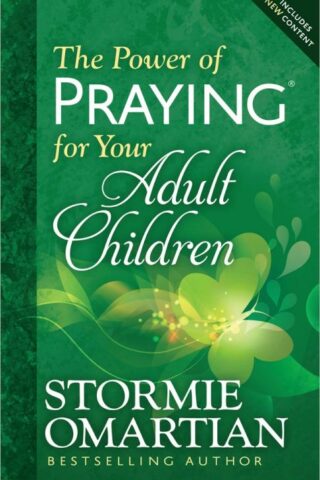 Power Of Praying For Your Adult Children
Power Of Praying For Your Adult Children
 Memory House
Memory House
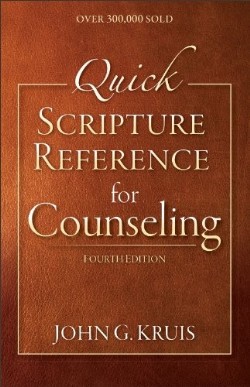 Quick Scripture Reference For Counseling (Reprinted)
Quick Scripture Reference For Counseling (Reprinted)
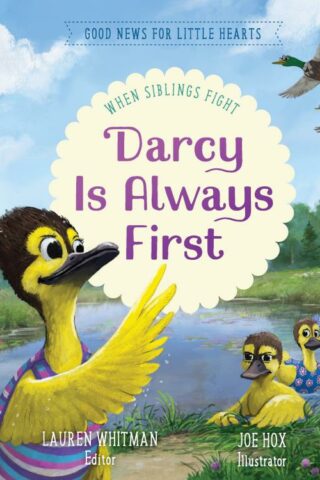 Darcy Is Always First
Darcy Is Always First
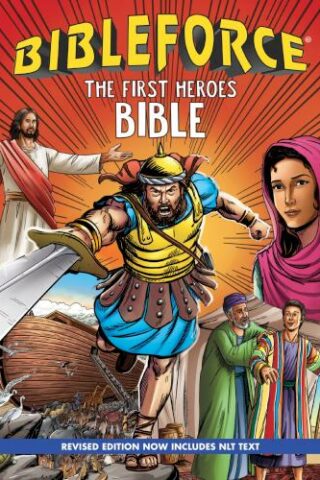 BibleForce : The First Heroes Bible - Revised Edition Now Includes NLT Text (Rev
BibleForce : The First Heroes Bible - Revised Edition Now Includes NLT Text (Rev
 Married But Lonely
Married But Lonely
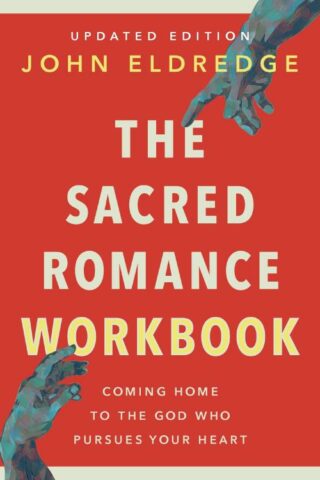 Sacred Romance Workbook Updated Edition (Workbook)
Sacred Romance Workbook Updated Edition (Workbook)
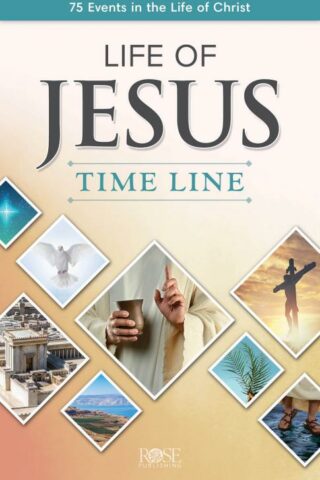 Life Of Jesus Time Line Pamphlet
Life Of Jesus Time Line Pamphlet
 Choose Kindness 3 Minute Devotions For Teen Girls
Choose Kindness 3 Minute Devotions For Teen Girls
 Large Print Reference Bible Comfort Print
Large Print Reference Bible Comfort Print

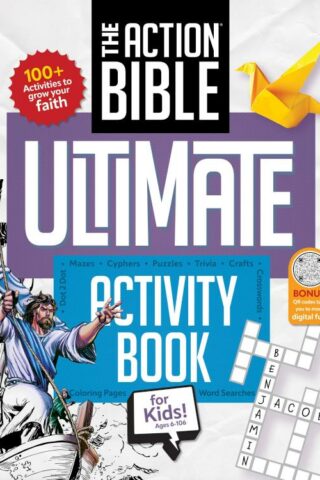
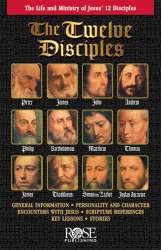

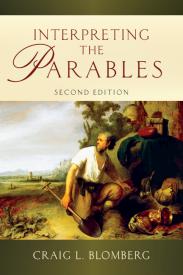


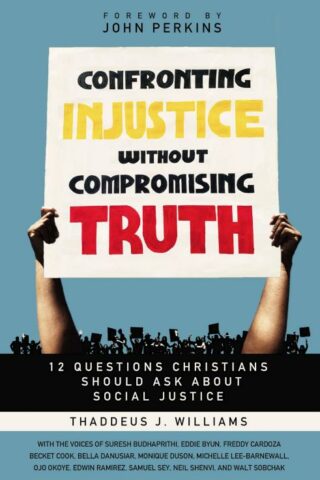
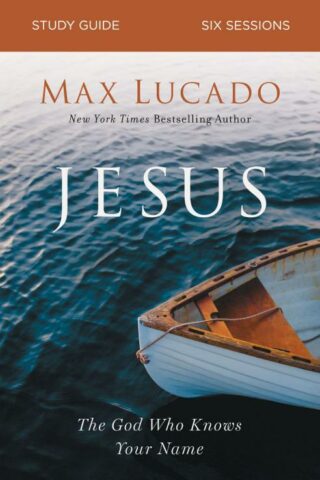

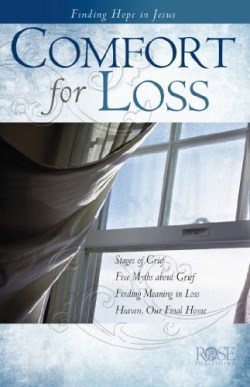
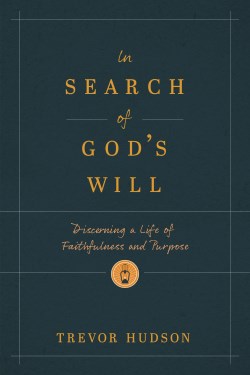
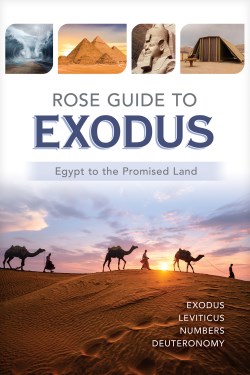

Reviews
There are no reviews yet.